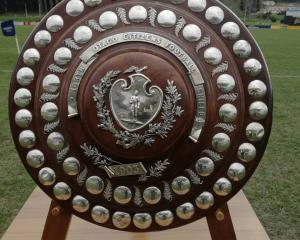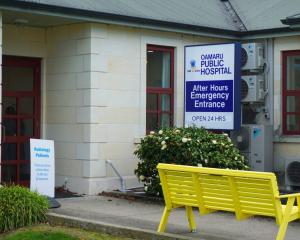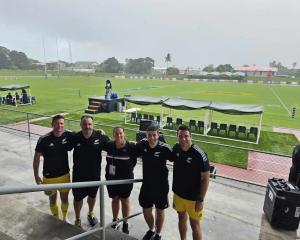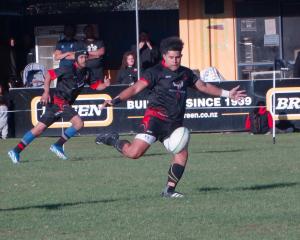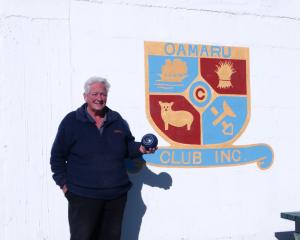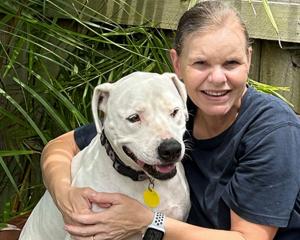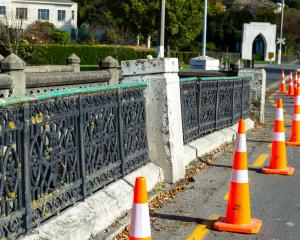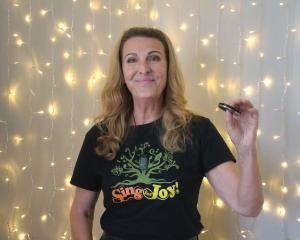North Otago victims of crime are getting more say in a restorative justice process that has been hailed ''a North Otago success story''.
Restorative justice conferences are only one element administered and organised by the Waitaki Safer Community Trust to ensure victims get ''an effective and strong voice'' in the court process, particularly to ''make things right'', former trust chairwoman Elizabeth McCone said last week.
It is an approach to reduce crime that has grown in the past two and a-half years, particularly since the appointment of Judge Joanna Maze to the Oamaru District Court in 2011.
Set up in 2001 as the Waitaki Safer Community Council with funding obtained from a government crime prevention fund, it became a trust in 2005 when funding was switched to the Ministry of Justice.
Last year the method of funding was reviewed and the trust, along with other groups throughout New Zealand, had to go through a government open contract process.
Waitaki successfully combined with Ashburton, Rangiora, Timaru, Christchurch, the West Coast and Blenheim to put in a joint bid, which provides for up to 100 restorative justice and diversion conferences a year in North Otago, a figure which is likely to be exceeded. The trial period expires on June 30 next year.
''We will always do more than we are contracted for,'' the trust's co-ordinator, former police sergeant Derek Beveridge, said. He is also a qualified facilitator of conferences.
While figures for North Otago are not available, nationally the Justice Ministry said 74% of crime victims felt better after a restorative justice conference, 80% would recommend it to other victims and 84% were satisfied with the process.
At restorative justice conferences, the victim had the opportunity to talk about what had happened and its effect, and take part in proposing how the offender should be dealt with.
Mrs McCone said the court process tended to focus on the offender, but the restorative justice process focused on the victim, who had to agree to take part.
''It is proven both here and overseas that it has a major effect on lowering reoffending,'' she said.
Mr Beveridge said it was not uncommon for offenders, who also have to agree to take part, to look at conferences as a way to get a lighter sentence.
That was not always the case, some of the penalties proposed as a result of conferences being more stringent.
Trust chairwoman Marian Shore said: ''Once they [offenders] face the victim and know the effects - that's the magic of it. It has amazing success and we know it makes a real difference.''
For the process to start, an offender must plead guilty and before sentencing, a judge decides whether restorative justice is appropriate.
The offender has to agree to the process, then facilitators meet separately with the victim to see if he or she also agrees.
The conference may not go ahead if the facilitator decides it is unsafe for the victim or a positive outcome is unlikely because the offender is not showing genuine remorse.
The conference is a private meeting between the victim and offender, who can bring people to support them. It includes two facilitators and may include a community panellist.
After the conference, a report is presented to the judge, setting out the results and any agreements reached. The judge must take those agreements into account during sentencing.
The trust also runs a diversion programme, where first-time offenders can avoid a conviction in return for reaching an agreement on a punishment. That could range from making a donation to an organisation to carrying out voluntary work.
However, the number of diversion conferences, which are conducted by a facilitator and usually three community volunteers chosen from an 18-member panel, is falling because police are now able to issue pre-charge warnings.
Another programme, unique to the Oamaru District Court, is a drink-driving programme. Since November 2008, when it was introduced, until July last year, 379 offenders had been through the programme.
Of those, 64 went on to reoffend again and 11 reoffended more than once.
Participants watch a 17-minute DVD on the effects of drinking-driving on victims and their families, then have to answer a three-page questionnaire on it. That is followed by a four-minute DVD on North Otago deaths caused by drink-driving.
The questionnaire is then presented to the judge, who usually gives a discount on the penalty.
The trust is now updating the DVDs.


